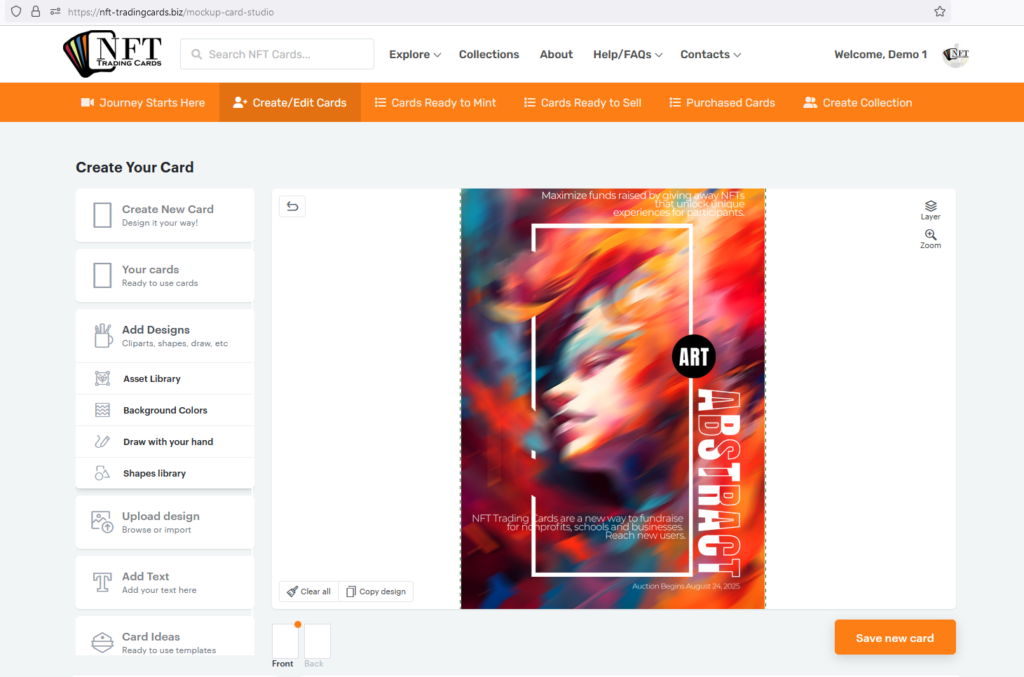(Name, Image, and Likeness) rights
Third-party NIL (Name, Image, and Likeness) rights refer to a situation where a company or organization, separate from the individual or entity whose NIL is being used, obtains the legal right to use someone’s name, image, and likeness for commercial purposes. Here’s how it works:

Name, Image, and Likeness (NIL) Basics
- NIL rights allow individuals, particularly athletes, celebrities, or influencers, to monetize their personal brand (their name, image, and likeness) by allowing others to use these attributes in advertising, endorsements, or promotional materials.
- Individuals have the right to control how their NIL is used, and typically they can license or sell these rights to businesses or other third parties.
Third-Party NIL Rights
When a third party (e.g., a company, brand, or organization) obtains NIL rights, it means:
- The third party gets the legal right to use the individual’s NIL in a defined way, such as for a marketing campaign, product endorsement, or branded merchandise.
- This usually happens through a contract or licensing agreement, where the individual agrees to let the third party use their NIL under specific terms, often for a fee or royalty.
Key Considerations for Third-Party NIL Rights:
- Consent: The individual must give permission, and the third-party use must align with the agreed-upon terms (e.g., duration, medium, and specific ways their NIL will be used).
- Exclusivity: Some agreements may be exclusive, meaning only the third party has the right to use the NIL during the contract period, while others may be non-exclusive, allowing the individual to license their NIL to multiple parties.
- Revenue Sharing: The individual may receive compensation in the form of a lump sum, royalties, or a percentage of sales or profits generated through the use of their NIL.
Examples of Third-Party NIL Use
- A sports brand signing a college athlete for a shoe endorsement.
- A video game company licensing athletes’ NIL rights to include their likeness in a game.
- A trading card company using athletes’ NIL to create and sell branded trading cards.
For a sports agent or organization, securing third-party NIL rights from athletes would allow the organization to create and sell (for example) NFT trading cards featuring their name, image, and likeness, potentially under a revenue-sharing model where the athlete earns a percentage of sales.

Leave a Reply